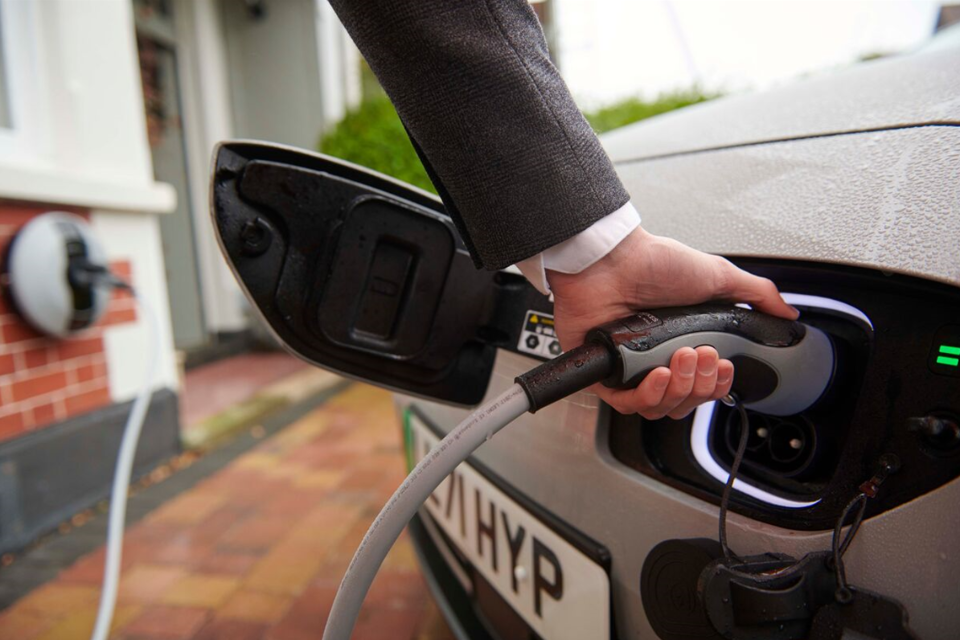A new electricity tariff is being launched by EDF that automates smart charging of electric vehicles (EVs) when energy is cheaper.
Up to 300 customers are being invited to test the new EV OptiCharge tariff service in a trial to see how they can reduce consumption during peak hours.
It will allow participating customers to use automated controls so that their vehicles are charged overnight during the times that provide the best value.
EDF says that this will relieve pressure on the grid and reduce consumption during carbon-intensive and grid-strained periods, helping to save customers cash and carbon.
Customers will set their charging preferences in a dedicated platform, such as the level of charge in the car and by what time in the day they need it charged, and the automated controls will do the rest.
The trial will go live this month (August) and run until February 2025.
Philippe Commaret, managing director of customers at EDF, said: “This trial is a brilliant example of the type of innovative solutions we’re exploring to help our customers to save cash and carbon.
“As an industry we must find ways to embed flexibility into the electricity system to reduce pressure on the grid and customers’ pockets.
“Trialling new tariffs such as OptiCharge will be vital if we are to help Britain achieve our net zero ambitions.”
The trial is one of five that has been created and developed as part of a wider project by EDF’s Research and Development and Customer teams and is part of the Department for Energy Security and Net Zero’s Alternative Energy Markets Innovation Programme.
It is backed by £1.3 million of funding from the Net Zero Innovation Portfolio (NZIP).
NZIP is a £1 billion fund for low-carbon technologies and systems and aims to decrease the costs of decarbonisation helping enable the UK to end its contribution to climate change.
This is the second phase of EDF’s project, with the first a feasibility study which explored various offers, with customer feedback highlighting the need for personalised advice and flexible tariffs, both of which are the backbone of phase two.
Data will be generated, collected and analysed by EDF throughout the trial to see the impact on customer bills and their usage.
Loughborough University and the University of Sheffield will also be supporting the trial by carrying out qualitative and quantitative studies and providing vital insight into the tariff’s feasibility for optimising customer’s EV charging, to ensure it is aligned with low carbon generation and at the lowest cost to the customer.





















Login to comment
Comments
No comments have been made yet.